The future of artificial intelligence (AI) is rapidly approaching, and by 2025, it’s poised to redefine multiple industries and transform the way we live, work, and interact. As we stand on the brink of this technological revolution, the advancements in AI are already visible across sectors like healthcare, finance, and transportation. In this article, we’ll explore what the future of AI in 2025 holds, discussing its potential impacts, opportunities, and challenges
The Current Landscape of AI
Before diving into the future, it’s important to understand where we stand today. AI has already proven its capabilities through machine learning, natural language processing, and robotics. It’s helping businesses automate processes, offering personalized recommendations, improving customer service through chatbots, and analyzing vast amounts of data more effectively than humans ever could. In 2025, these technologies will continue to evolve, becoming more refined and integrated into everyday life.
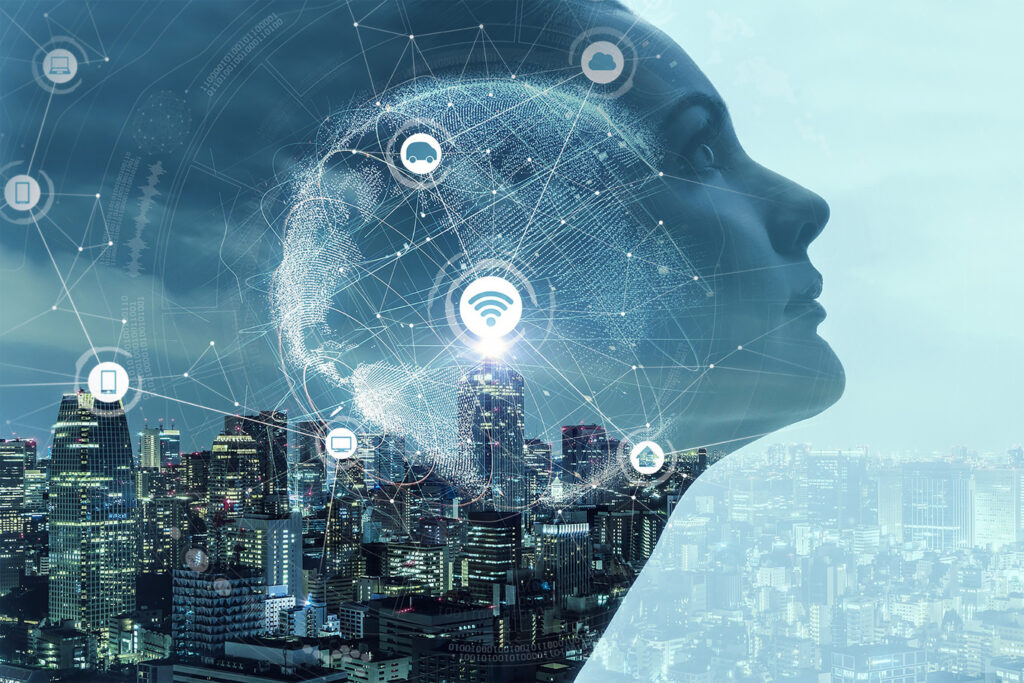
AI in Healthcare: Revolutionizing Patient Care
By 2025, AI is expected to make significant strides in healthcare. Predictive analytics will play a huge role in diagnosing diseases early, and personalized medicine will become more accurate, offering tailored treatments based on a patient’s unique genetic makeup. AI-driven robots could assist in surgeries, increasing precision and reducing human error. Moreover, the integration of AI into medical imaging and diagnostics will improve the speed and accuracy of detecting conditions such as cancer or heart disease.

The Rise of AI in Education
Education is another sector set to benefit massively from AI soon. By 2025, AI-powered tools will provide personalized learning experiences, adjusting to students’ individual needs. AI tutors will help bridge the gap for students who need additional support, while teachers will use AI-driven insights to tailor their lessons. Schools and universities may also utilize AI for administrative tasks, freeing up educators to focus on teaching.
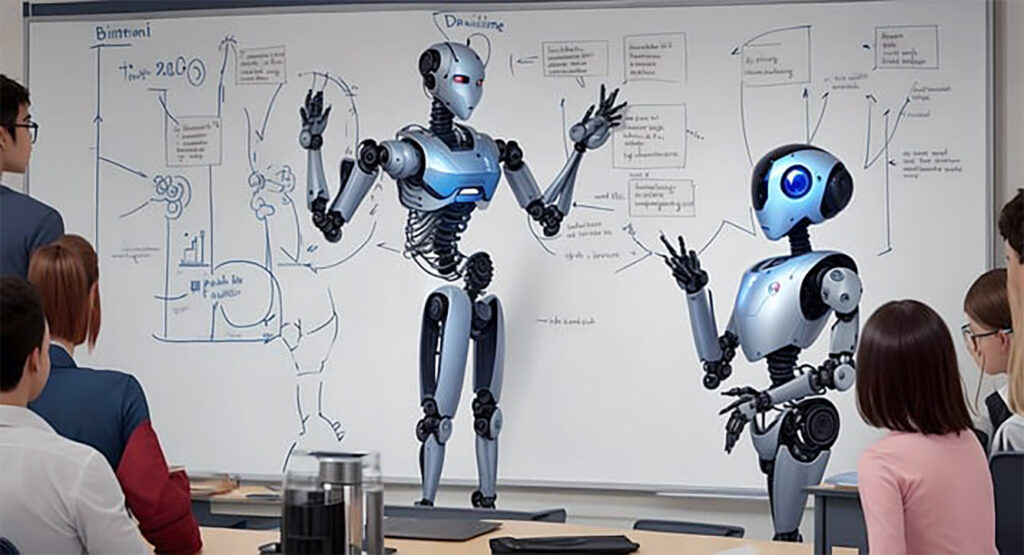
Autonomous Vehicles: The Next Frontier
The dream of fully autonomous vehicles is closer than ever, and by 2025, self-driving cars are expected to become mainstream in certain regions. With advancements in AI, these vehicles will be safer, more efficient, and environmentally friendly. AI-powered navigation systems will enhance traffic flow, reduce accidents, and improve overall transport logistics. Cities might see a reduction in the number of privately owned vehicles as shared autonomous transport becomes more popular.
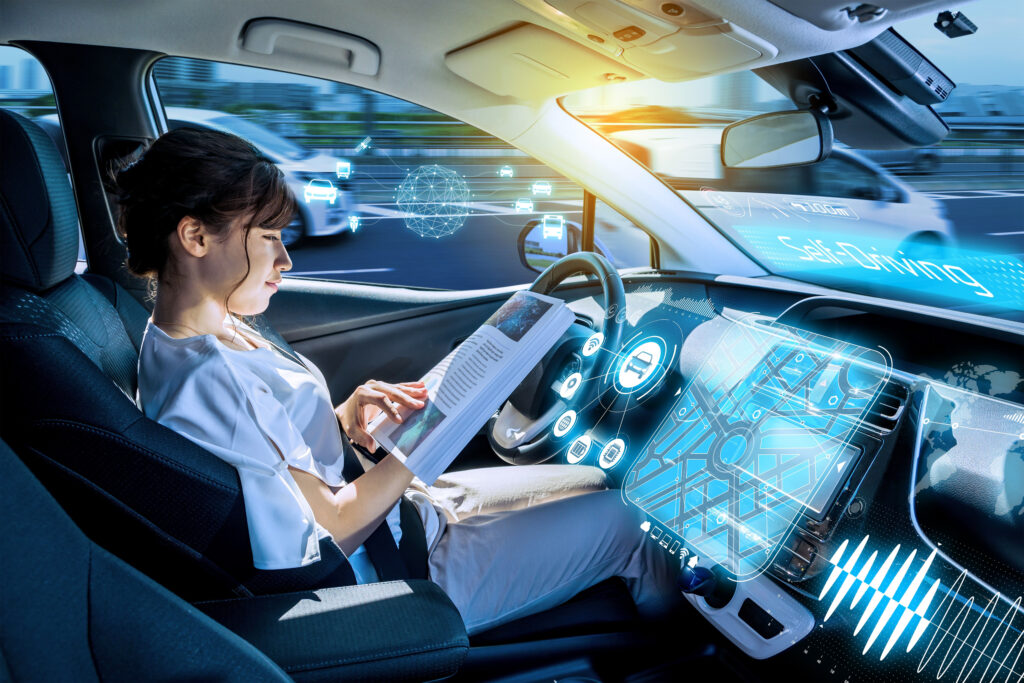
AI and the Workplace: Automation and Job Evolution:
The impact of AI on the workplace is already significant, but by 2025, it’s likely to go further. Automation will take over repetitive, mundane tasks, allowing employees to focus on more strategic and creative work. AI will help businesses operate more efficiently, driving innovation and productivity. However, this shift will also mean certain job roles may become obsolete, sparking debates about reskilling workers and the need for new kinds of jobs.

Ethical Concerns and Regulation
As AI continues to evolve, ethical considerations will become even more critical by 2025. Issues such as data privacy, decision-making transparency, and the potential for AI to reinforce biases will need to be addressed. Governments and organizations will likely introduce stricter regulations to ensure that AI is used responsibly and ethically. Expect to see more discussions around the accountability of AI systems and the importance of building fair, unbiased algorithms.
AI in Finance: Transforming the Industry
The finance industry is already heavily influenced by AI, and by 2025, this trend will only intensify. AI will enhance fraud detection systems, offer better risk assessment, and enable precise financial forecasting. Robo-advisors will provide personalized financial advice based on an individual’s spending patterns and financial goals. Consumers can expect faster, more efficient banking services with AI while financial institutions benefit from reduced operational costs.
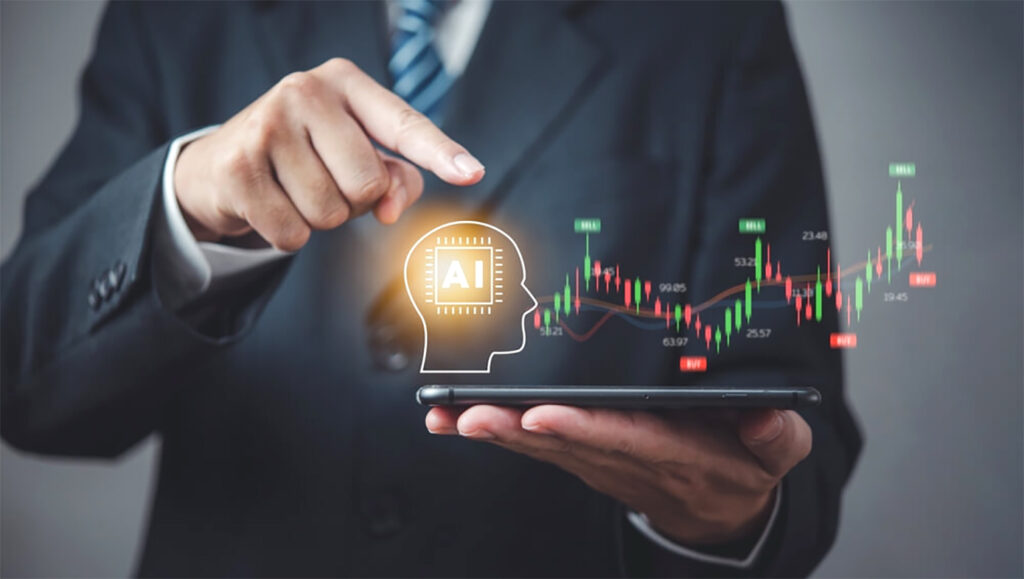
The Role of AI in Environmental Sustainability
By 2025, AI is expected to play a crucial role in tackling climate change and promoting sustainability. AI-powered systems will help monitor and reduce energy consumption, optimize supply chains, and predict natural disasters with greater accuracy. Smart cities, designed with AI at their core, will be more sustainable, utilizing renewable energy sources efficiently and reducing carbon footprints.
Human-AI Collaboration: A New Era
Rather than replacing humans, AI in 2025 will likely work alongside us, augmenting our abilities and enhancing human potential. This collaboration will span across industries, from healthcare to creative fields like design and content creation. The combination of human intuition and AI’s computational power will create innovative solutions to complex problems, paving the way for once-unimaginable breakthroughs.
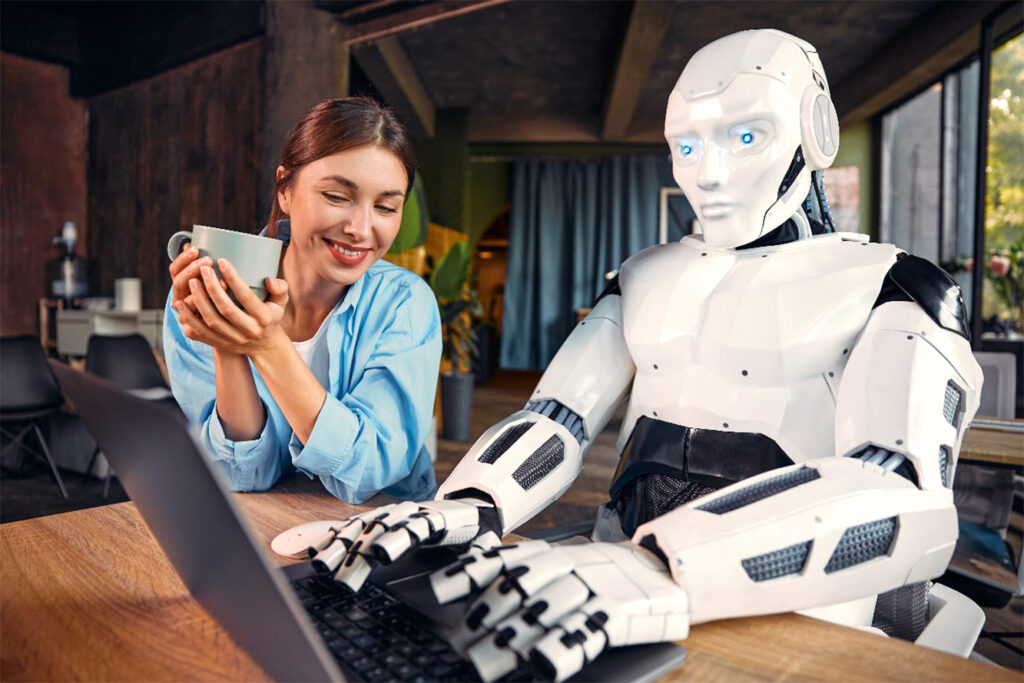
The Challenges Ahead
While the future of AI in 2025 is filled with promise, there are challenges to overcome. The need for massive computational power and data storage may create environmental concerns. Additionally, ensuring that AI remains transparent, fair, and inclusive will be a major focus. Developing a global framework for AI governance and ethics will be critical to managing its impact on society.
Conclusion:
The future of AI in 2025 is one of incredible potential. From revolutionizing healthcare and education to transforming industries like finance and transportation, AI will be at the forefront of innovation. However, with this progress comes the responsibility to address ethical concerns and ensure that AI benefits everyone, not just a select few. As we move toward this future, the key to unlocking AI’s full potential lies in thoughtful collaboration between technology, society, and governance.
FAQs
1. What is the potential impact of AI on jobs by 2025?
AI will automate many repetitive tasks, leading to job evolution rather than mass unemployment. While some roles may disappear, new opportunities will emerge, particularly in fields like AI development, data analysis, and creative industries.
2. Will AI fully replace human doctors by 2025?
No, AI will complement rather than replace human doctors. It will assist in diagnostics, treatment planning, and surgery, but the human touch in patient care will remain irreplaceable.
3. How will AI contribute to sustainability by 2025?
AI will help optimize energy usage, reduce waste, and improve resource management, especially in smart cities and industries focused on environmental sustainability.
4. What are the ethical challenges associated with AI in 2025?
Key ethical challenges include ensuring data privacy, preventing bias in AI decision-making, and establishing accountability for AI-driven actions.5. Can small businesses benefit from AI by 2025?
Absolutely! AI tools for automation, customer insights, and financial planning will be more accessible, allowing small businesses to compete on a larger scale.

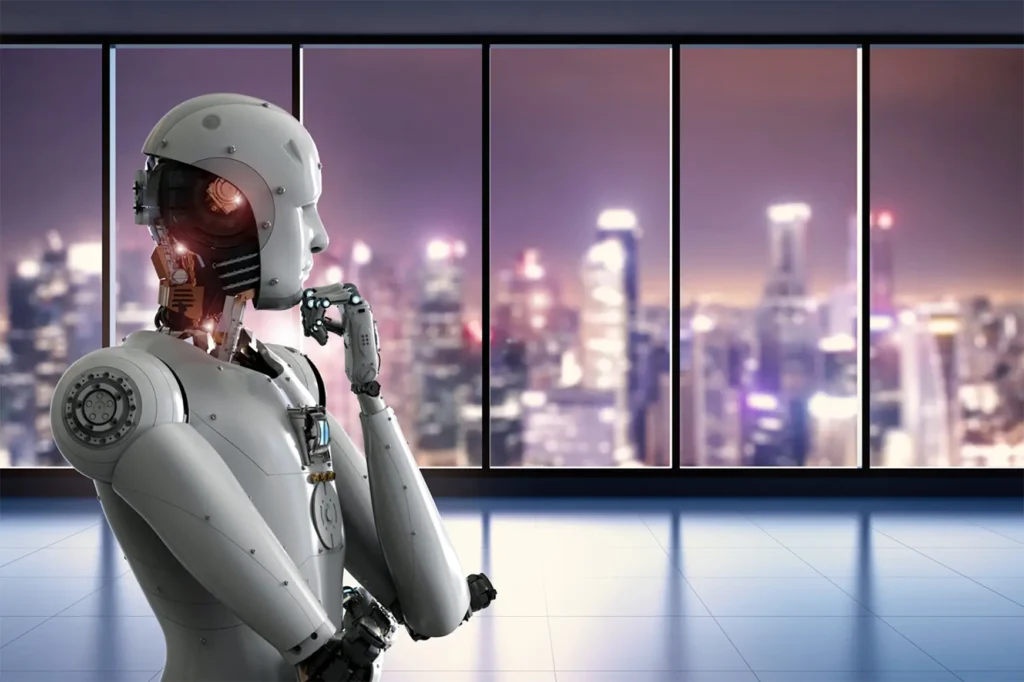
2 Responses
Your article helped me a lot, is there any more related content? Thanks!
I’m really glad to hear that the article helped you! 😊 Thanks so much for letting me know. If you’re interested in diving deeper, I do have some related content that might be useful for you. Let me know what specific topics you’re curious about, and I’ll be happy to point you in the right direction. Thanks again for your support!